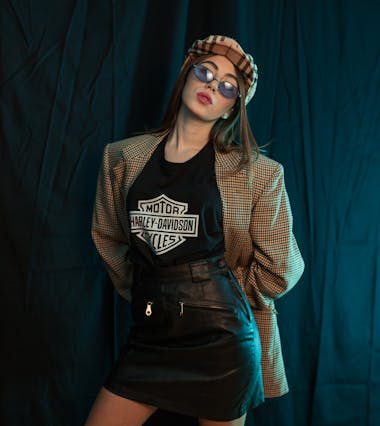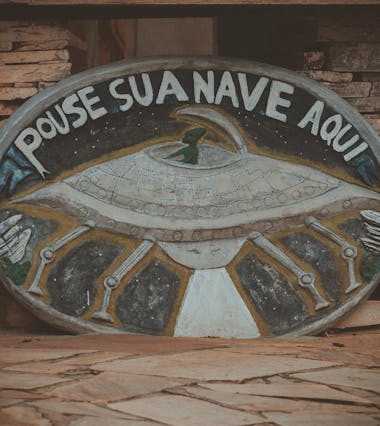La meilleure sélection de propriétés
Découvrez notre sélection exclusive de propriétés de qualité pour répondre à toutes vos exigences en matière de maison et d’immobilier.
Recherche avancée et analyses de marché
Utilisez notre outil de recherche avancée et nos analyses de marché pour trouver les meilleurs investissements immobiliers adaptés à votre stratégie de développement.
Accédez à nos services en ligne
Profitez de nos services en ligne conviviaux et sécurisés pour rester connecté avec nos courtiers experts en immobilier et ne manquez jamais les opportunités.
Bienvenue sur Labolinge
Découvrez nos maisons
Labolinge est une plateforme en ligne dédiée à l’univers des maisons et de l’immobilier. Que vous soyez propriétaire, investisseur ou passionné de décoration, Labolinge vous permet de trouver votre maison de rêve et de rester informé sur les dernières tendances.
Découvrez Labolinge
À propos de notre site
Bienvenue sur Labolinge, votre ressource en ligne ultime pour tout ce qui concerne les maison et l’immo. Nous sommes spécialisés dans la présentation de listes de qualité, de concepts de maison innovants et de possibilités d’investissement adaptées à votre style de vie unique.
Trouvez des propiétés de luxe
Découvrez des propiétés de luxe à travers notre site.
Des Concepts de maison innovants
Explorez des concepts de maison innovants et uniques pour inspirer votre prochain projet.
Des opportunités d’investissement
Trouvez des opportunités d’investissement immobilières adaptées à vos besoins et à votre budget.
Pour les amateurs de design
Que vous soyez propriétaire, investisseur ou passionné de design, Labolinge offre une plateforme conviviale pour vous connecter à votre maison de rêve et à des informations précieuses.
Nos Services
Nous offrons une variété de services haut de gamme pour les propriétaires, les investisseurs et les amateurs de design.
Listings Premium
Explorez notre sélection de propriétés haut de gamme.
Inspirations de Design
Trouvez l’inspiration pour décorer votre maison de rêve.
Opportunités d’Investissement
Découvrez des opportunités d’investissement immobilières uniques.
Projets de Construction
Découvrez nos projets de construction en cours et à venir.
Découvrez des chiffres clés sur le secteur de la construction de maisons et de l’immobilier.
Découvrez notre sélection de projets exceptionnels réalisés par nos constructeurs de maisons.
Labolinge est fier de vous présenter notre portefeuille de projets réalisés par nos constructeurs de maisons agréés.




Dernières nouvelles
Quelles sont les meilleures pratiques pour un entretien écologique de la maison ?
Meilleures pratiques pour un ménage écologique au quotidien Adopter un entretien[…]
Comment intégrer des espaces de travail fonctionnels à domicile ?
Conseils essentiels pour aménager un espace de travail à domicile Pour[…]
Comment choisir les revêtements de sol durables pour votre maison?
Critères clés pour évaluer la durabilité et la durabilité des revêtements[…]
Les Meilleurs Équipements pour la Rénovation de Cuisine
Équipements essentiels pour la rénovation de cuisine Lorsqu’on entreprend une rénovation[…]
Les Innovations en Équipements de Décoration Intérieure
Aperçu des Innovations en Équipements de Décoration Intérieure Les innovations décoration[…]
Pourquoi opter pour un abri de piscine télescopique ?
Avantages des abris de piscine télescopiques Les avantages des abris de[…]
Pourquoi ajouter un spa à votre piscine ?
Avantages de l’ajout d’un spa à votre piscine Ajouter un spa[…]
Les solutions de stockage lors d’un déménagement
Introduction aux solutions de stockage pour déménagement Lorsqu’un déménagement se profile,[…]
Comparatif des différents systèmes de chauffage pour piscines
Vue d’ensemble des systèmes de chauffage pour piscines Les systèmes de[…]
Comment utiliser une étagère décorative pour séparer un espace ?
Les avantages d’utiliser une étagère décorative comme séparateur d’espace Utiliser une[…]
Déménagement à faible coût: réaliser ses démarches administratives par soi-même
Comprendre les démarches administratives pour un déménagement Lorsque l’on décide de[…]
Comment utiliser la décoration pour attirer la faune dans son jardin
Principes de la décoration faunique La décoration faunique joue un rôle[…]
Déménagement de luxe pour seniors : l’option confort
Services de déménagement de luxe pour seniors Les services de déménagement[…]
Optez pour une déco extérieure chic et design
Inspirations pour une décoration extérieure chic Le design moderne inspire de[…]
Les aides financières pour la construction d’une maison écologique
Aperçu des aides financières pour la construction d’une maison écologique Construire[…]
Investir dans une maison neuve : un choix rentable ?
Analyse financière de l’investissement dans une maison neuve Plonger dans le[…]
Les aides financières pour l’achat d’une maison neuve
Aperçu des aides financières Aides financières à l’achat d’une maison neuve[…]
Astuces pour maximiser l’efficacité de votre climatisation maison
Importance de l’efficacité de votre climatisation Un système de climatisation inefficace[…]
Comment installer une fenêtre en PVC soi-même ?
Introduction à l’installation d’une fenêtre en PVC L’installation d’une fenêtre PVC[…]
Pourquoi le ravalement de façade est essentiel ?
Importance du ravalement de façade Le ravalement de façade joue un[…]
Optimiser votre récolte avec un treillis de jardin
Introduction au treillis de jardin Un treillis de jardin est une[…]

